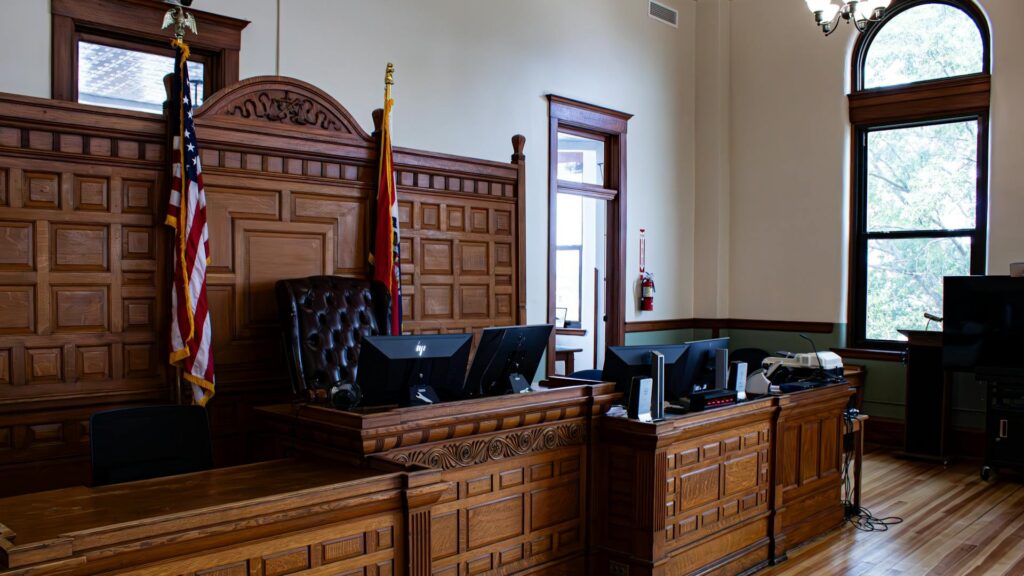In one of the largest compensatory verdicts for a single plaintiff in the history of asbestos litigation, a New York jury on Feb. 8 awarded a mesothelioma victim and his family a $53 million verdict for his asbestos exposure as a brake mechanic (Patricia Brown, Individually and as Executrix of the Estate of Stephen Brown v. AC&S Corp. et al., No. 12658-00, N.Y. Sup., New York Co.).
After a monthlong trial in New York County Supreme Court, the jury awarded Stephen Brow’s family $53 million against 36 companies for his death from mesothelioma as a result of exposure to asbestos from work he performed as a brake mechanic.
The jury deliberated for a week before rendering the verdict and apportioning liability between 36 companies. A source told Mealey’s that Honeywell, successor to Bendix Corp., is liable for 45.75 percent of the $53 million verdict.
Brown worked as a brake mechanic at a gas station in Cambridge, Mass., from 1965 to 1968 and from 1972 to 1974. From 1968 to 1972, he was enlisted in the U.S. Coast Guard and worked at various job sites in engine and boiler rooms. In 1974, Brown returned to the Coast Guard; he retired from the guard in 1990.
In April 2000, Brown was diagnosed with mesothelioma and sued 48 friction product companies, alleging that they were negligent for exposing him to asbestos from brake linings he used during his two stints as a brake mechanic. In December 2000, Brown died of mesothelioma at age 51. His suit was carried on by his wife, Patricia, and his two sons, Adam and Jason.
At trial, the Browns presented several expert witnesses to prove Brown’s friction exposure, including state of the art expert David Egilman, an epidemiologist from Brown University in Providence, R.I.; Elaine Panitz, M.D., occupational medicine, Massachusetts; Douglas Pohl, Ph.D,M.D., pathologist,Central Maine Medical Center in Lewiston, Maine; and Yasunosuke Suzuki, M.D., pathologist, N.Y.
The friction companies contended that Brown”s exposure was not from brake linings but from his employment in the Coast Guard. The companies also used the chrysotile defense, claiming that not enough dust is emitted from brake linings to cause a significant exposure or disease. Expert witnesses who testified on behalf of the friction companies included pulmonologist James Crapo, M.D., of Denver and epidemiologist Alexander Walker from New York.
Representing the Browns are Jerry Kristal, Michael P. Roberts and Richard Meadow of Weitz & Luxenberg in New York. Honeywell is represented by Jeff Peck of Drinker, Biddle & Shanley in Florham Park, NJ.


